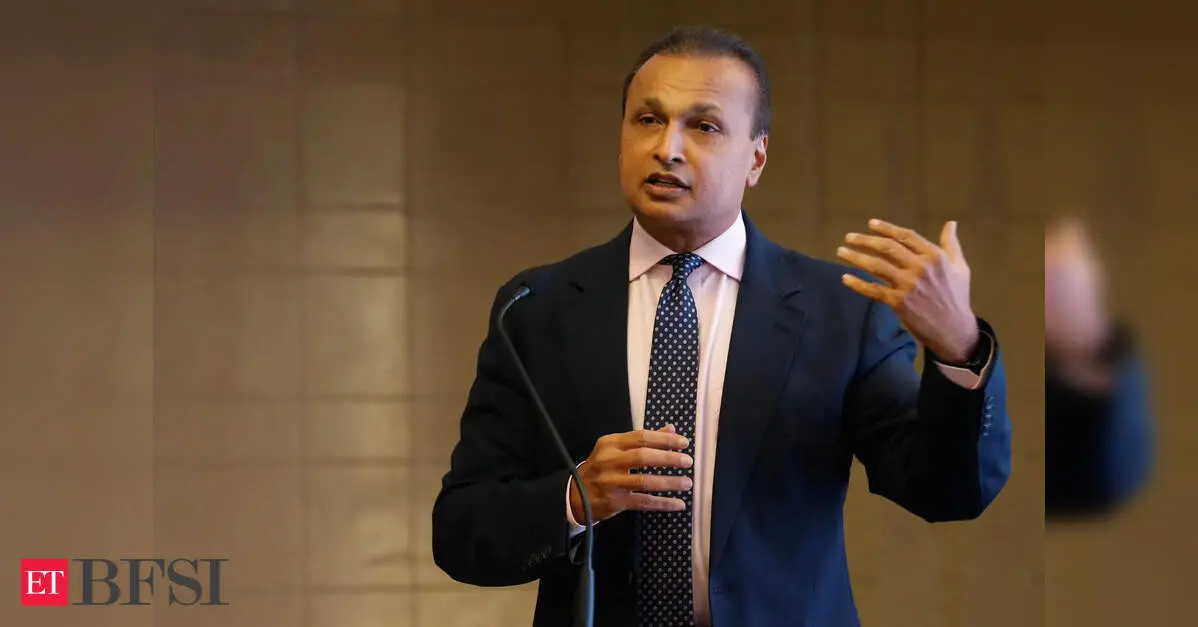MUMBAI, 24 August 2025:
In a recent statement that has stirred the financial waters, industrialist Anil Ambani has vehemently denied the allegations lodged against him by the Bank of India regarding his involvement with Reliance Communications Limited (RCom). Ambani asserted that he will explore all legal remedies available to him and emphasized that the foundation of the bank’s claims dates back over a decade.
Allegations and Ambani’s Response
Ambani’s spokesperson highlighted that the bank’s classification of RCom’s loan account alongside his name is misleading. “It is pertinent to note that Anil Ambani served only as a Non-Executive Director on the Board of RCom and resigned from this position in 2019, over six years ago. He had no role whatsoever in the day-to-day operations or decision-making of the company. However, Ambani is being selectively singled out,” the statement read. This assertion raises critical questions about the fairness of the ongoing scrutiny against Ambani compared to other stakeholders involved in the capital-intensive telecom sector.
The spokesperson also pointed out that RCom’s borrowings are tied to a consortium of 14 banks. The timing of the allegations, coming after what Ambani describes as an “inordinate lapse of more than 10 years,” has led to suspicions of selective enforcement. This situation sheds light on an emerging pattern where certain high-profile individuals face increased scrutiny, potentially in an effort to enhance accountability in the banking sector.
The Legal Landscape
Ambani has criticized the Bank of India for procedural flaws in its actions, claiming that he was served a Show Cause Notice without being provided the necessary documents or being granted a chance for a personal hearing. He argues that these actions contradict principles of natural justice, which align with regulations from the Reserve Bank of India (RBI) established in July 2024. Judicial precedents from both the Supreme Court and the Bombay High Court further strengthen his case.
Interestingly, the Bank of India initially issued Show Cause Notices to 13 directors and key managerial personnel (KMPs) of RCom, but later withdrew notices against everyone except Ambani. This selective continuation of proceedings has raised eyebrows, suggesting that the focus on Ambani may not solely be a matter of procedure, but also an indication of a broader investigation into corporate governance in the Indian economy.
Context: The Broader Implications for RCom
The financial saga surrounding RCom is emblematic of the challenges facing India’s banking sector, which has been under increased pressure to address non-performing assets (NPAs). RCom, once a titan in the telecom space, entered insolvency proceedings in 2019 with debts exceeding ₹46,000 crore. The implications of such high-stakes defaults extend well beyond individual borrowers, affecting the stability of the Indian financial system.
Back in August 2016, the Bank of India sanctioned a ₹700-crore loan to RCom aimed at operational expenditures and repayment of existing liabilities. However, the loan quickly became contentious, especially after the bank alleged that RCom misallocated half the sanctioned amount into a fixed deposit, a breach of the agreed terms. This scenario raises an important question: when companies falter, to what extent should individual executives like Ambani bear responsibility, especially when they have stepped back from direct operational roles?
The recent actions by the Bank of India, coupled with similar allegations of misappropriation from the State Bank of India (SBI) in June 2025, showcase an ongoing tug-of-war between financial institutions and corporate governance in India.
Looking Forward
As this story unfolds, the scrutiny of RCom and its former executives serves as a critical juncture for both the banking sector and the overall Indian economy. With the RBI’s role in regulating financial practices becoming more prominent, the outcomes of such high-profile cases could set precedents for future corporate conduct in India.
Given the intense media attention and public interest in this case, it remains to be seen how Ambani’s legal journey will progress and whether the regulatory landscape will shift in response to the growing need for corporate accountability.
For more trusted updates on banking and finance, follow Bankerpedia.
Original source: bfsi.economictimes.indiatimes.com










